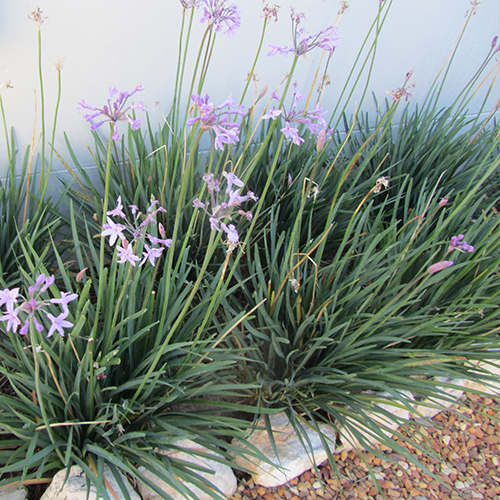Join our community
of garden lovers.
Sign up with your e-mail address to receive our latest offers,
competitions & local gardening tips
competitions & local gardening tips

Join us this week Friday for our FREE online workshop on The Indigenous and Pesticidal Herbs with Garden Guru Sue Both. This week’s prize will be sponsored by Mango Moon.
Please use the following login details to join us at 11am sharp over Zoom:
Meeting ID: 869 9297 0719 | Passcode: 688567 or use the following direct link: https://bit.ly/3udPE1C
Indigenous Herbs